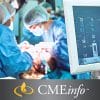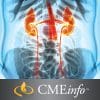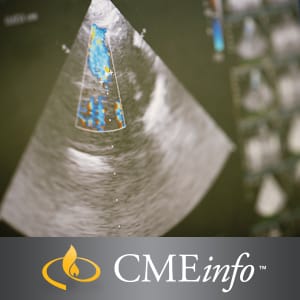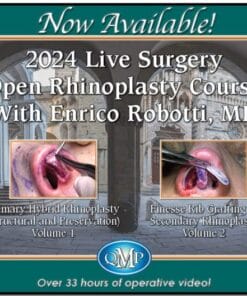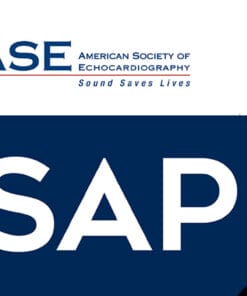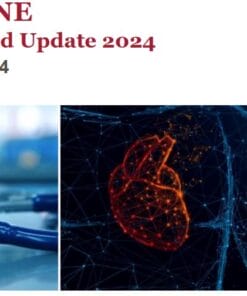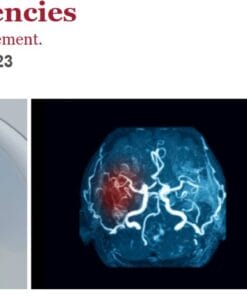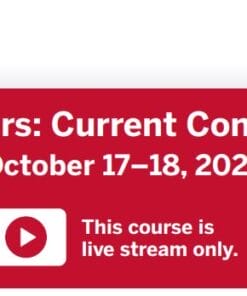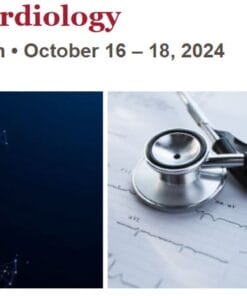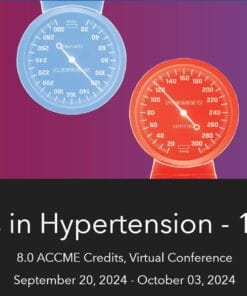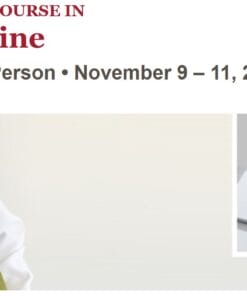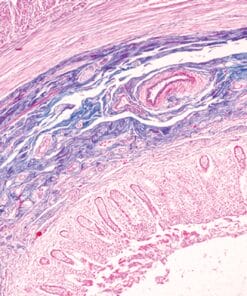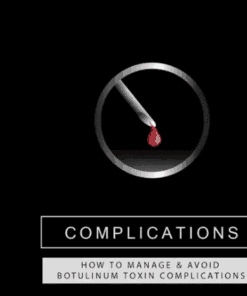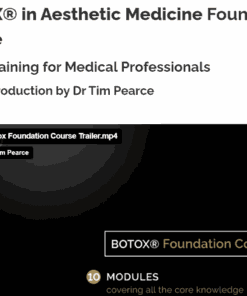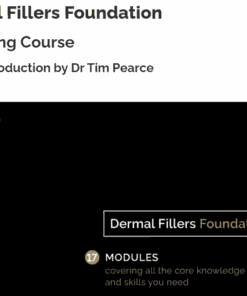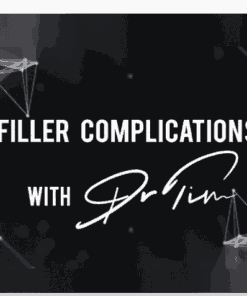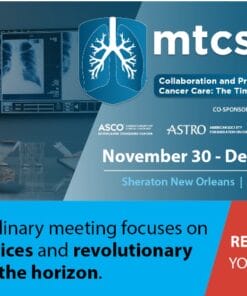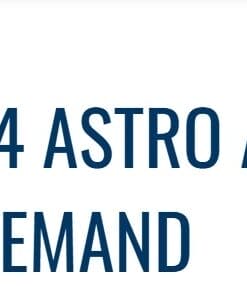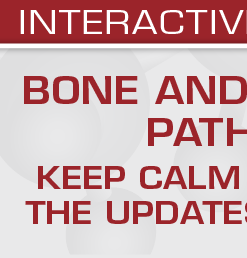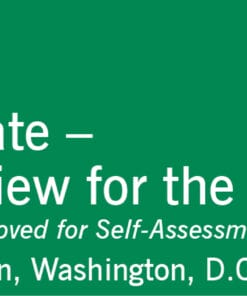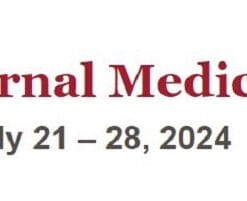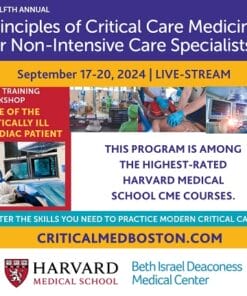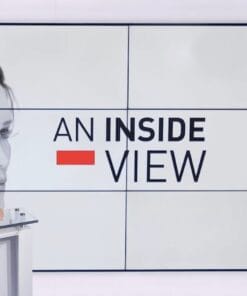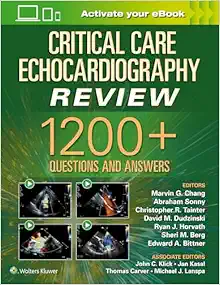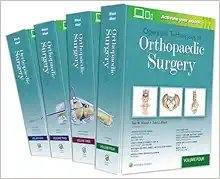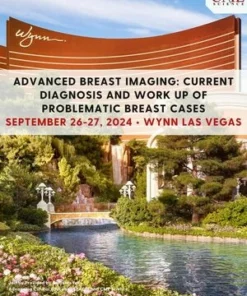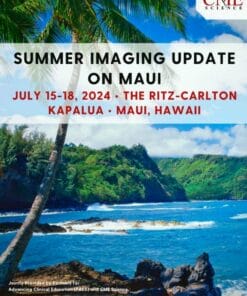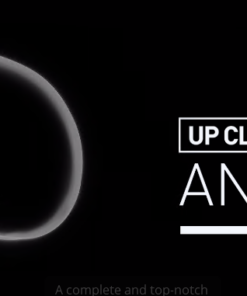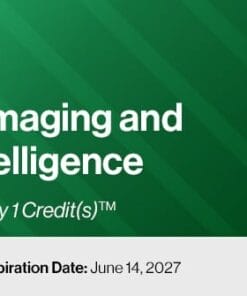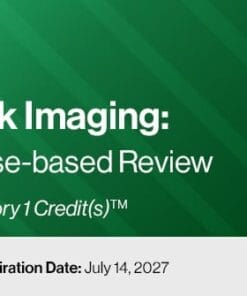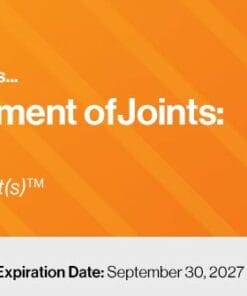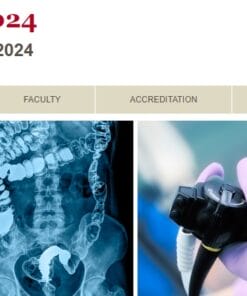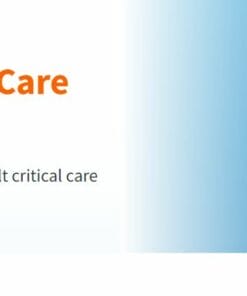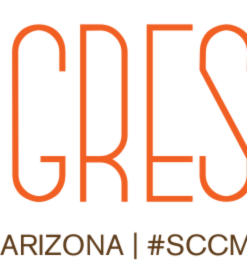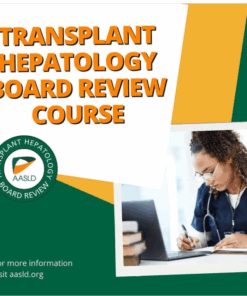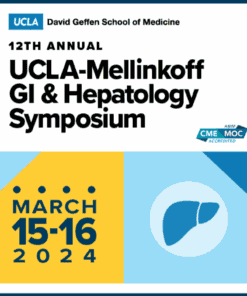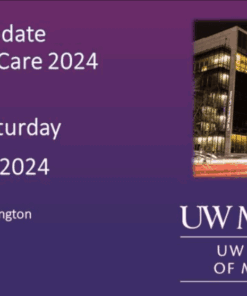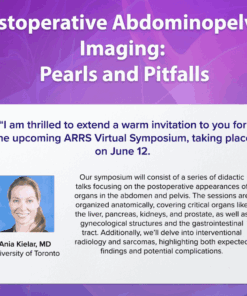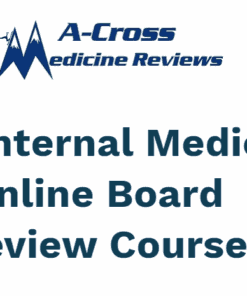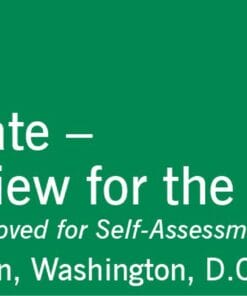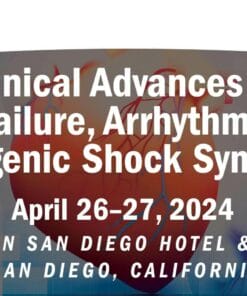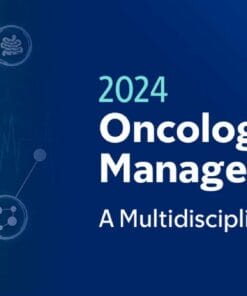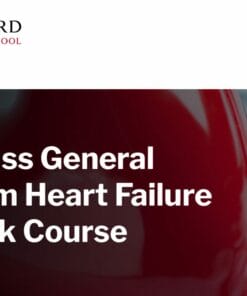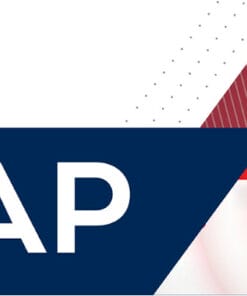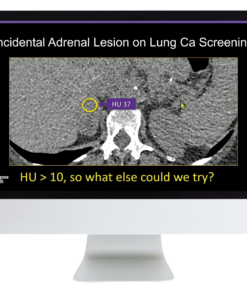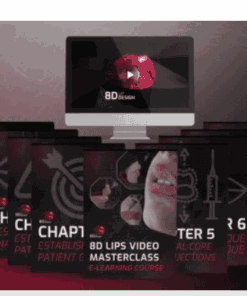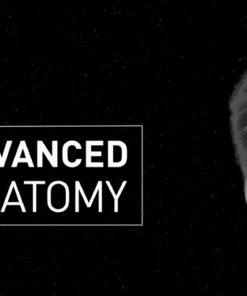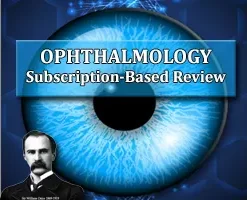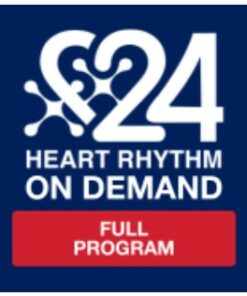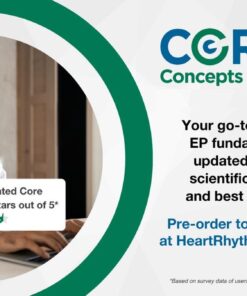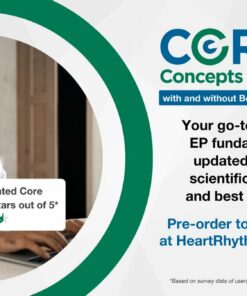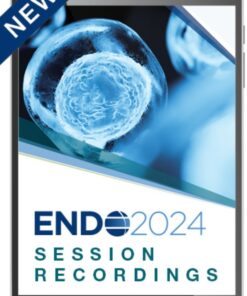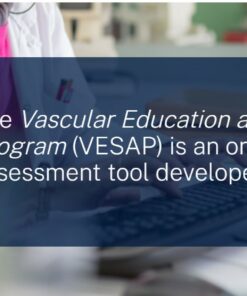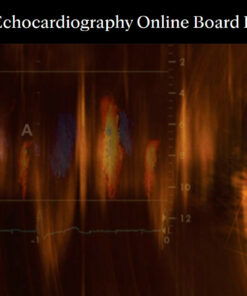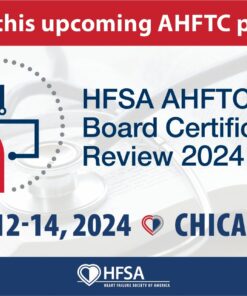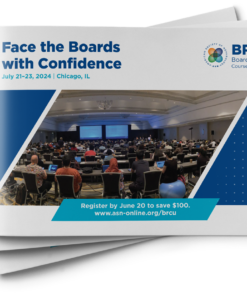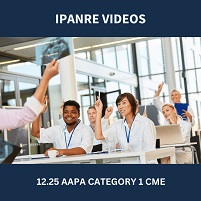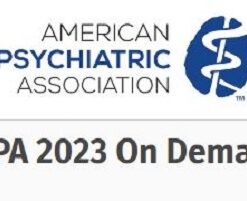Intensive Vascular Ultrasound Interpretation Review and Registry Preparation
Cleveland Clinic Specialty Review
This head-to-toe review of vascular laboratory diagnostics covers wide-ranging topics, including ultrasound and physiological testing. Pass your exam — guaranteed!
Learn from Recognized Experts
Presented by members of the Cleveland Clinic Non-Invasive Vascular Laboratory, along with guest faculty nationally recognized for their vascular laboratory teaching expertise, this online CME course covers a large spectrum of diagnostics, including ultrasound and physiological testing. Intensive Vascular Ultrasound Interpretation Review and Registry Preparation will also:
-
- Provide valuable insight through presentations on vascular studies, vascular physics and technology
- Enhance interpretation skills for diagnosis of arterial and venous disease, internal carotid artery stenosis, acute venous thrombosis, and more
TOPICS/SPEAKERS
Physics, Physiology, and Instrumentation I
- Ultrasound Basics (Ultrasound Principles, B-mode, Spectral (CW/PW)/Color/Power Doppler, and Doppler Principle) – Fredrick Kremkau, PhD
Extracranial Cerebrovascular Testing
- Basics of the Carotid Duplex Examination and Criteria for Diagnosis of Internal Carotid Artery Stenosis – Heather Gornik, MD, RVT, RPVI
- Evaluation Following Stents and Endarterectomy, Interpretive Pitfalls – Steven A. Leers, MD, RVT, RPVI, FSVU
- Aortic Arch Vessel and Vertebral Artery Findings, Subclavian Steal – Jeffrey Olin, DO, RVT
- Interactive Case Review: Carotid, Vertebral, and Subclavian Arteries – Deborah Hornacek, MD, RPVI
- Question and Answer Session – Faculty Panel
Peripheral Arterial Testing
- Lower Extremity Arterial Physiological Testing – Heather Gornik, MD, RVT, RPVI
- Lower Extremity Arterial Duplex (Native Arteries, Bypass Grafts, and Stents) – Heather Gornik, MD, RVT, RPVI
- Upper Extremity Testing (Arterial Duplex and Physiologic Testing) – Natalie Evans, MD, RPVI
- Interactive Case Review: Physiologic Testing + Duplex of Native Arteries – Anne Marie Kupinski, PhD, RDMS, RVT
- Interactive Case Review: Duplex Assessment of Arterial Bypass Grafts and Stents – Steven Leers, MD, RVT, RPVI, FSVU
- Question and Answer Session – Faculty Panel
Abdominal Duplex I
- Renal (Native and Transplant) Duplex Ultrasound, Renal Stents – Jeffrey Olin, DO, RVT
- Mesenteric Artery Duplex Ultrasound, Mesenteric Stents – Heather Gornik, MD, RVT, RPVI
- Assessment of the Aorta and Aortic Endografts – Steven Leers, MD, RVT, RPVI, FSVU
Abdominal Duplex II
- Hepatoportal Duplex and Hepatic Transplant Assessment – Myra Feldman, MD
- Interactive Interpretive Case Review: Renal and Mesenteric Ultrasound, AAA, and Endoleaks – Jeffrey Olin, DO, RVT
- Question and Answer Session – Faculty Panel
- Mock RPVI Examination Questions: Session I – Natalie S. Evans, MD, RPVI, & Deborah Hornacek, MD, RPVI
Physics, Physiology, and Instrumentation II
- Essential Physical Principles for the Registry Examination (Doppler Equation Redux, Poiseuille’s Law) – Fredrick Kremkau, PhD
Venous Duplex and Physiological Testing
- Venous Duplex for Diagnosis of Deep Venous Thrombosis (Upper and Lower Extremity) – Natalie S. Evans, MD, RPVI
- Venous Duplex for Assessment of Venous Valvular Incompetency, Mapping for EVLT RF Ablation, Assessing for EHIT – Ann Marie Kupinski, PhD, RDMS, RVT
- Key Non-Vascular Incidental Findings Every Reader Should Know – Myra Feldman, MD
- Interactive Interpretive Case Review: Venous Testing (Thrombosis, Incompetency, and Other) – Natalie S. Evans, MD, RPVI
- Question and Answer Session – Faculty Panel
Physics, Physiology, and Instrumentation III
- Transducer Selection, Image Optimization, Spectral and Color Doppler and B-Mode Artifacts – Anne Marie Kupinski, PhD, RDMS, RVT
- Interactive Review: Essentials of Accreditation, Quality Improvement, Safety/Bioeffects, and Test Validation – Heather Gornik, MD, RVT, RPVI
- Physics, Technology, and Instrumentation Mock Examination Boot Camp – Susan Whitelaw, RDMS, RVT & Sandra Yesenko, DHSc, RVT, RDMS
- Question and Answer Session – Faculty Panel
Advanced and Specialized Scanning Protocols
- Arterial Access Complications (Pseudoaneurysm, Arteriovenous Fistula, Dissection, Closure Device Issues) – Natalia Fendrikova-Mahlay, MD, RPVI
- Dialysis Access Mapping and Post Procedure Scanning – Just the Essentials – Lisa Smith, RVT
- Transcranial Doppler – Just the Essentials – Larry Raber, RDMS, RVT
- Interactive Case Review: TCD, Access Complications, and Dialysis Access – Natalia Fendrikova-Mahlay, MD, RPVI, Lisa Smith, RVT & Larry Raber, RDMS, RVT
- Mock RPVI Examination Questions: Session II – Heather Gornik, MD, RVT, RPVI
Learning Objectives
At the conclusion of this activity, the participant should be able to:
- Demonstrate understanding of basic ultrasound physics concepts and their application to vascular ultrasound
- Recognize common imaging and Doppler artifacts and incidental findings encountered in the vascular laboratory
- Utilize spectral Doppler waveforms to assist in the evaluation of arterial and venous disease
- Demonstrate interpretation skills for diagnosis of internal carotid artery stenosis using duplex ultrasound
- Demonstrate interpretation skills for diagnosis of acute venous thrombosis and venous valvular incompetency using duplex ultrasound
- Utilize duplex ultrasound and physiological testing to localize and assess severity of lower extremity peripheral artery disease
- Apply diagnostic criteria to diagnose renal and mesenteric artery stenosis using duplex ultrasound
- Recognize clinical applications of transcranial Doppler for assessment of cerebrovascular disease
- Identify areas of knowledge deficit to improve preparation for the Registered Physician in Vascular Interpretations (PVI) Examination
Intended Audience
This educational activity was designed for Allied Health Professional/Social Workers, Nurses, Physician Assistants, Students, Vascular Technologists, Vascular Sonographers, Radiologic Technologists, Cardiac Sonographers and Ultrasonographers.
Date Credits Expiration: June 30, 2021


